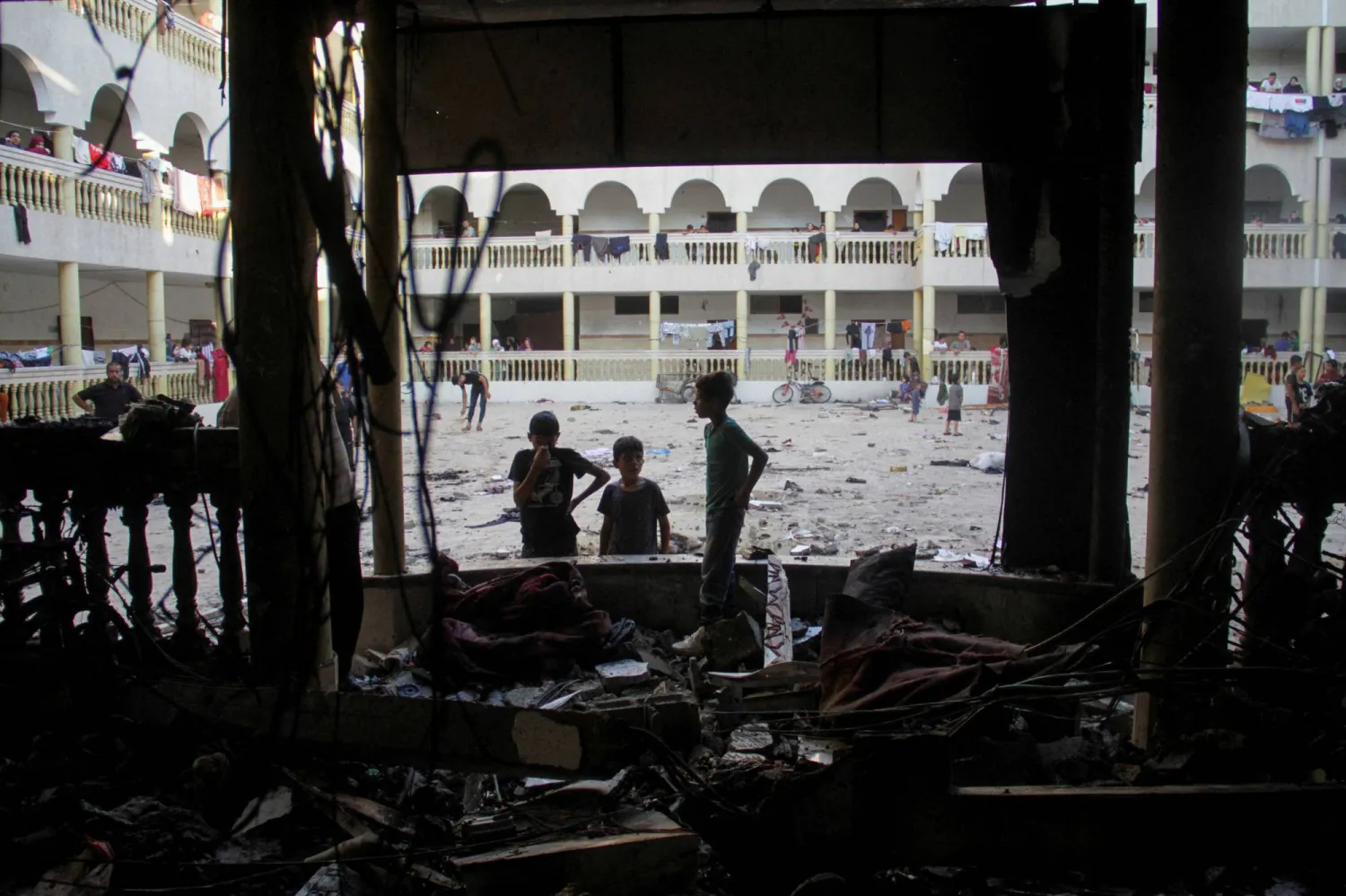The Israeli military ordered more evacuations in southern Gaza early Sunday.
Israel has repeatedly ordered mass evacuations as its troops have returned to heavily destroyed areas where they had previously battled Palestinian militants. The vast majority of Gaza's population of 2.3 million people have been displaced by the 10-month old war, often multiple times.
Hundreds of thousands have crammed into squalid tent camps with few public services or sought shelter in schools. Palestinians say nowhere in the besieged territory feels safe.
The latest evacuation orders apply to areas in Khan Younis, including part of an Israeli-declared humanitarian zone from which the military said rockets had been fired. Israel accuses Hamas and other militants of hiding among civilians and launching attacks from residential areas.
Khan Younis, Gaza’s second-largest city, suffered widespread destruction during an air and ground offensive earlier this year. Tens of thousands fled again last week after an earlier evacuation order.
Hundreds of families carrying their belongings in their arms left their homes and shelters early Sunday, seeking elusive refuge.
“We don’t know where to go,” said Amal Abu Yahia, a mother of three, who had returned to Khan Younis in June to shelter in their severely damaged home. “This is my fourth displacement," said the 42-year-old widow, whose husband was killed when an Israeli airstrike hit their neighbors’ house in March.
According to The Associated Press, she said they went to Muwasi, a sprawling tent camp along the coast, but could not find any space.
Ramadan Issa, a father of five in his 50s, fled Khan Younis with 17 members of his extended family, joining hundreds of people walking toward central Gaza early Sunday.
“Every time we settle in one place and build tents for women and children, the occupation comes and bombs the area," he said, referring to Israel. "This situation is unbearable.”
Gaza's Health Ministry says the Palestinian death toll from the 10-month-old war is approaching 40,000. Aid groups have struggled to address the staggering humanitarian crisis in the territory, while international experts have warned of famine.









